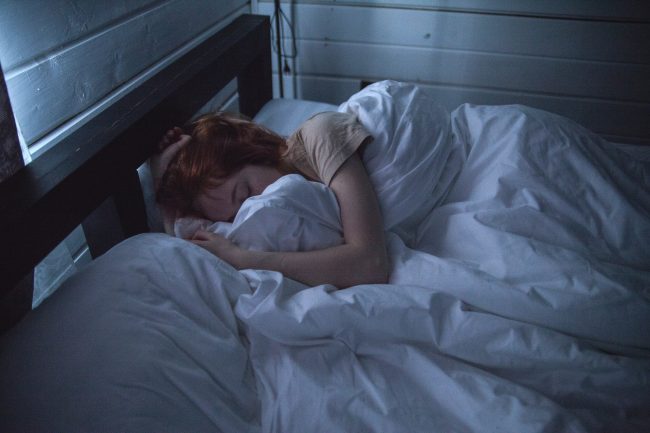Sleep is one of the foundations for a healthy life, it influences all aspects of health and is crucial for our overall well-being. Unfortunately for many of us, getting quality sleep is a nightly struggle. Sleep struggles can manifest in many forms, such as difficulty falling asleep and staying asleep. In working toward better sleep, we need to assess our sleep hygiene.
When referring to sleep hygiene we mean the environment and practices around sleep that promote quality sleep. Sleep hygiene involves the rituals and routines around sleep, as well as the physical and psychological aspects of sleep. When practicing good sleep hygiene we focus on creating an environment and routine that are conducive to a restful night sleep.
Evaluating sleep: Ask yourself, do you have difficulty falling or staying asleep? Is it difficult to get out of bed in the morning? Do you wake often through the night? Do you wake feeling rested? If you’re struggling with any of these areas, improved sleep hygiene may be able to help.
Sleep Hygiene Practices to Improve Sleep
Consistent schedule: try to get to sleep at the same time each night
Sleep routine: establish a consistent routine each night before bed, engage in activities you find soothing and restful
Sleep environment: create a cozy environment that is quiet, dark, and cool
Limit stimulating activities: before bed reduce screen time, loud stimulating shows/music, and activities that stimulate the mind and body
Reduce blue light: activate blue light blockers on your phone and screens and avoid using them within the 30 minutes before bed
Exercise: movement during the day will encourage improved sleep quality at night
Reduce caffeine and alcohol intake: both of these substances can disrupt healthy sleep patterns and result in fragmented sleep
Sleep hygiene is the foundation of restful and rejuvenating nights. Adopting these habits can improve sleep quality and quantity leading to innumerable benefits in your quality of life. A good night’s sleep influences every area of life, so if you haven’t already, make sleep a priority tonight and every night.
Happy slumber!
*Sleep hygiene only goes so far. Insomnia and disordered sleep can have a serious impact on health and if you find you have persistent problems with sleep you may need to address these with your healthcare provider.

